The “cosmetic cop”, that’s what they’ve been calling her, ever since her first appearance at the Oprah Winfrey Show; and there’s a well-thought reason behind the nickname: Paula Begoun is as attentive and severe as an officer when it comes to the cosmetic world and a tenacious girl boss who’s not afraid to speak her mind when it comes to leading her expert team. The founder of the brand Paula’s Choice Skincare has made out of the quest for the truth and the worship of science the cornerstones of her company’s philosophy and pattern, resulting in the launch of a selection of products aimed at helping women feel more confident and beautiful every day.
Following a compelling vocation that started off from her early struggles with acne and oily skin, up to the overwhelming discovery of what sun damage can cause not only on our skin but also on our DNA, Paula has written several bestselling skincare books and founded the cosmetic brand (one of the first Internet-based retail cosmetic companies in the ’90s) that has revolutionized the industry, with its dedication to combining ingredients that can give people “the skin they want, as best as science and physiology can provide”.
For a wide variety of skin types, skin concerns, and skin disorders, with one goal – to make a difference – and one, iconic motto: beauty begins with truth.
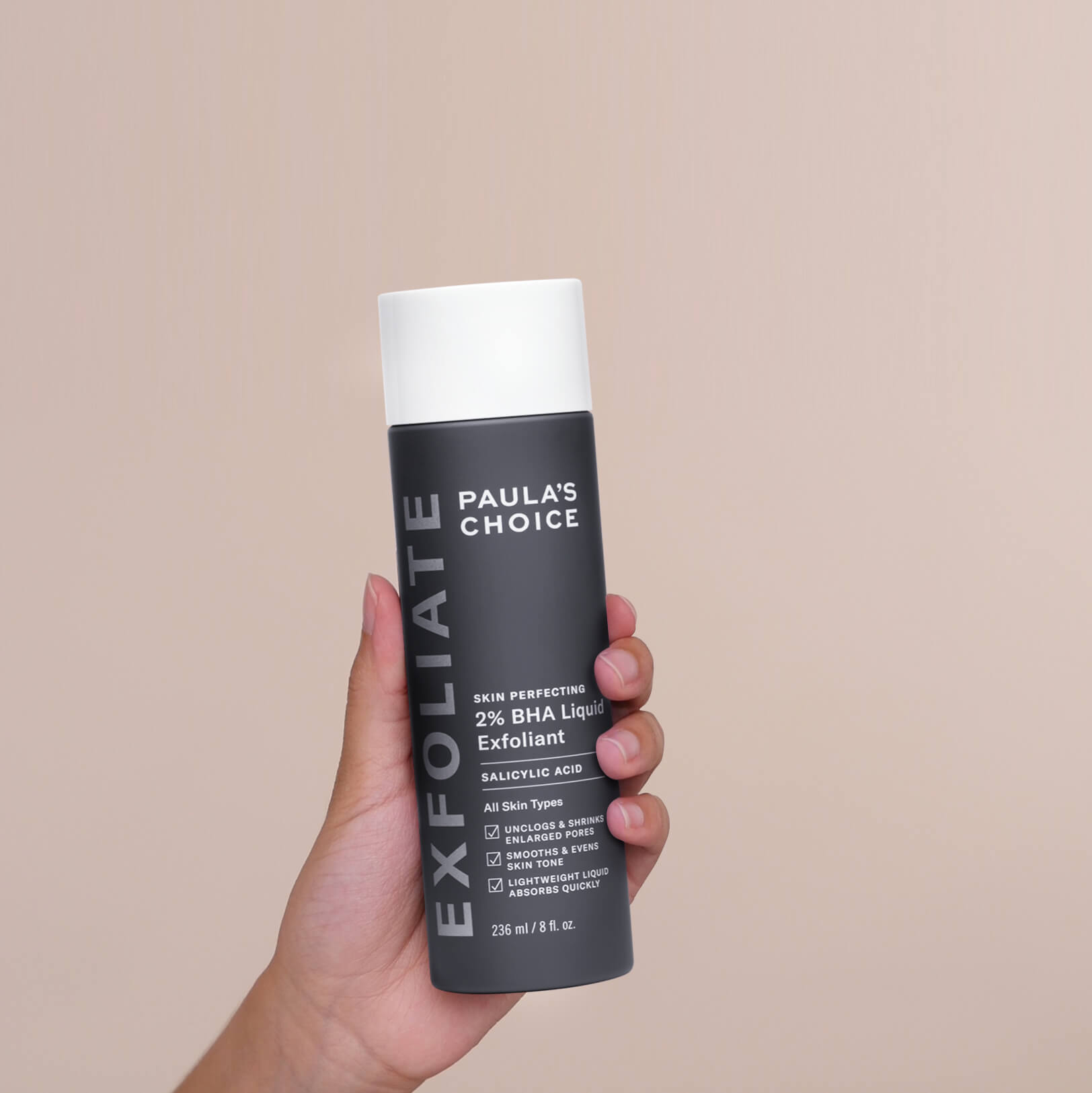
Where does your passion for skin care and skin science come from?
It really began when I was very young, with my own frustration with my own skin. At 11 years old, I get my period, and I get oily skin and acne, and I’ve struggled with oily skin and acne my whole life. I also had terrible eczema from when I was even younger. No matter what products I used, dermatologists, pharmacies, or cosmetic companies didn’t matter, my skin either didn’t get better or got worse. It was painful – I was a young girl and seeing my skin on fire, or waking up with my skin looking worse was horrendous; after a while, all I wanted wasn’t even to have beautiful skin, it just wasn’t having terrible skin.
So, it started out with just wanting to figure out how to take care of my skin, but eventually, when I understood what was crazy and insane in the cosmetic industry, it became, “I don’t want this, I don’t want any other woman to go through what I went through”.
You know, I’ve been in the industry for over 50 years, and I can tell you men just don’t care, there are 7 billion people on the planet, and half of us are women, half of us are men, and if there are like 3 men that care – and I’m exaggerating – that’s fine. Women, instead, have estrogen and oxytocin, and we care, being beautiful is part of what goes with our structure [laughs]. I didn’t want women to struggle the way I struggled, it was hell, it was awful. No matter which path, no matter where I turned, it just followed me, or I followed it, it’s hard to tell. Every time I think I’m done with it, I am never done with it, it just grew: I did the books, and then I thought I was done, every time I wrote a book, I thought it would have been the last book, every time I made a product, I thought it would have been the last product; then the research changed, and I love the research, I love the science, so, it just took a life of its own.
It felt like it chose me, and I didn’t choose it, it’s that compelling for me.
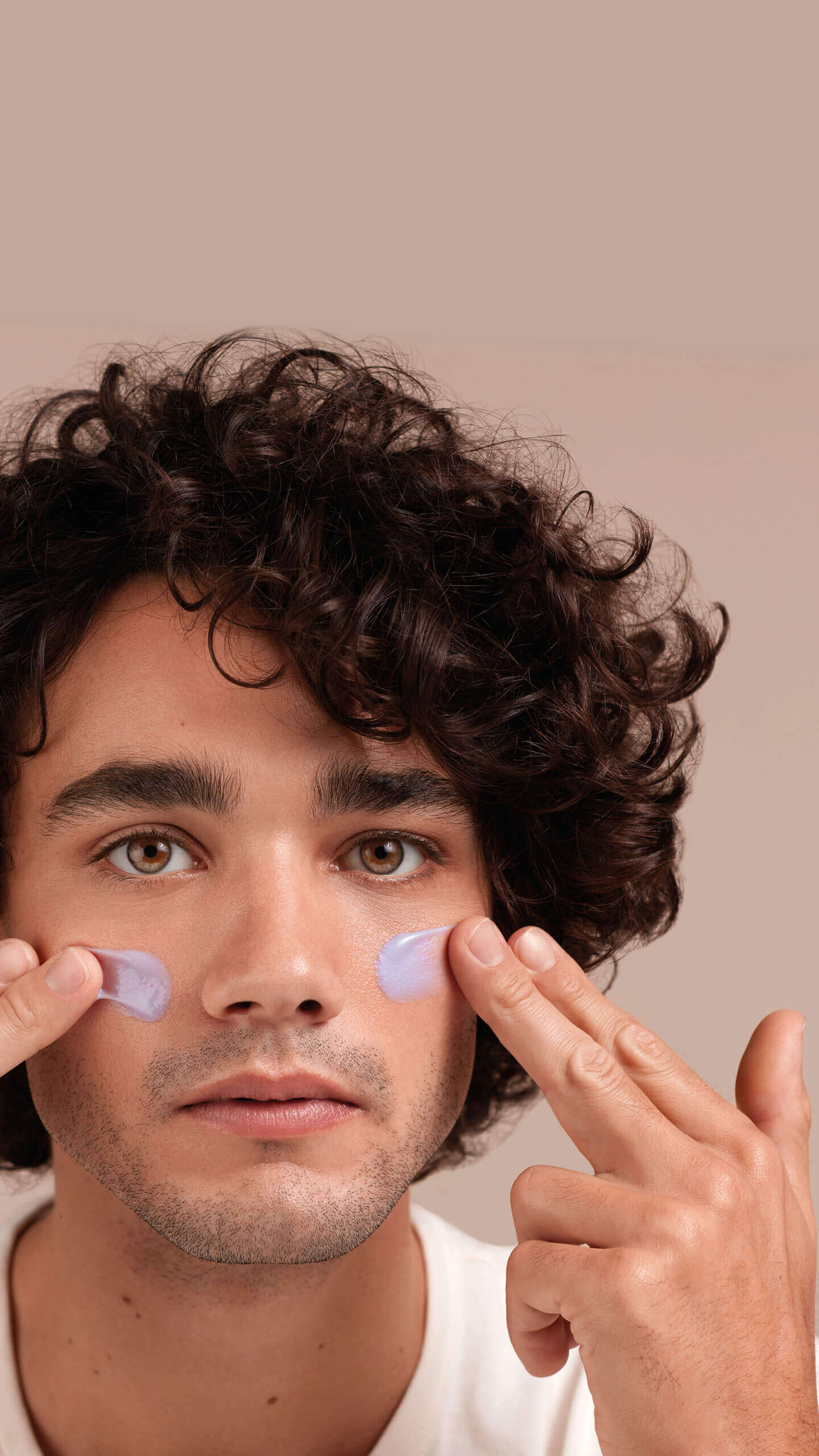
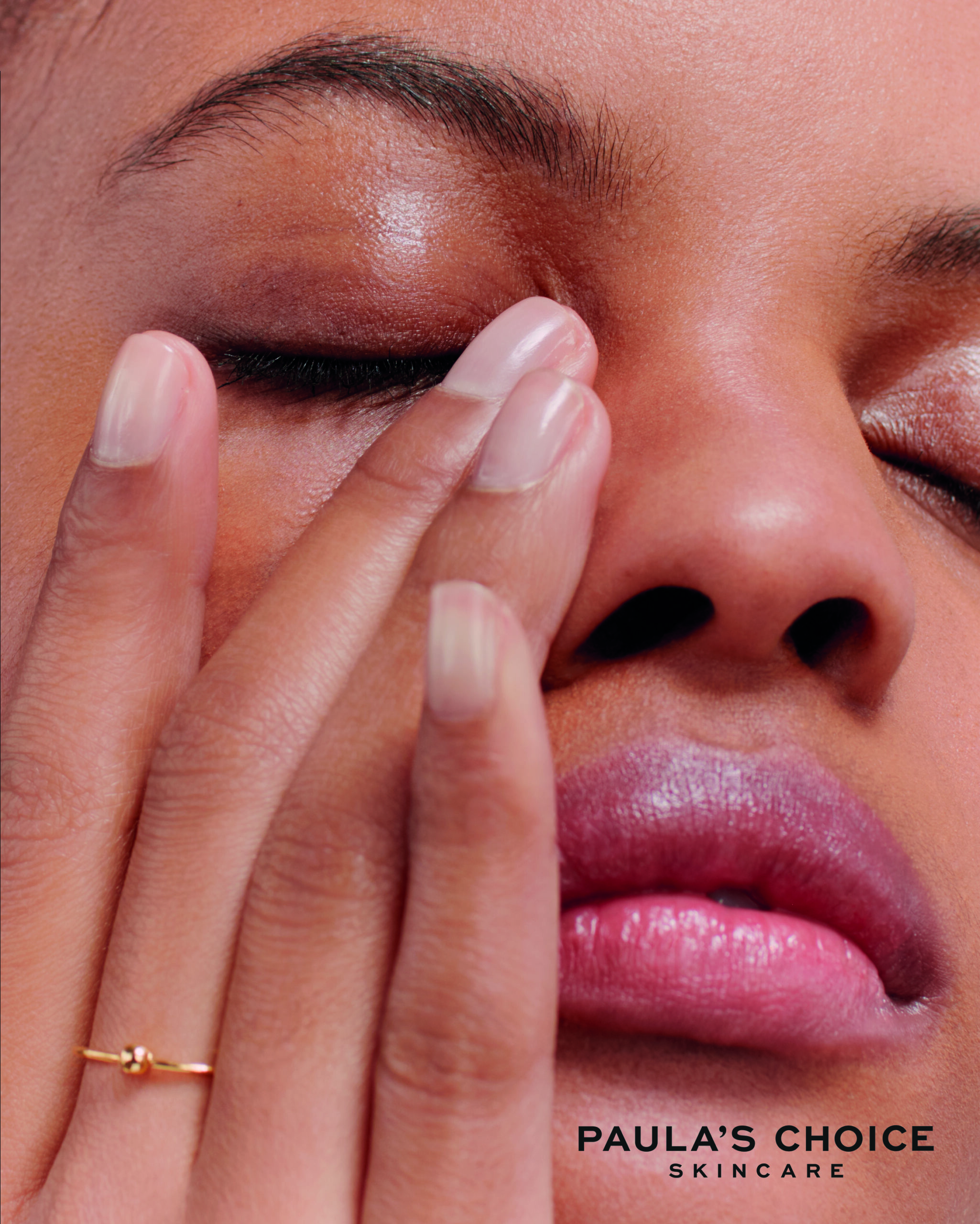
What is it about the concept of skincare that appeals to you the most?
Given how long I’ve been doing this, it’s always been about the science, the research, the physiology, what is possible and what isn’t possible for skin, and the reality. Then, the research has grown and changed: if we were sitting here 25 years ago, there would be a lot more disappointment about skincare and what skincare can and can’t do; now, there are still things that skincare can’t do, but there is so much skincare can do that is radically different from even just 25 years ago, and we’re learning more all the time. So, I think it’s the evolution, the growth, and the science that has exploded over the past 20-22 years, probably that’s what keeps me most interesting and has kept me involved, and it just gets more interesting every time I learn something new, and it happens on a regular basis.
Sometimes, it’s not that it’s “new new”: take an ingredient like niacinamide; the research about niacinamide is old, we’ve known about it for decades, so we knew that it could impact pore size, that had been established for a long time, but more current research about it over the past 10 years showed that not only could it impact pore size, but it had anti-wrinkle benefits, it was a cell-communicating ingredient, it could impact skin color, it could help the skin return to some degree to its normal color and improve normal color production in the lower layers of skin (melanin production). So, sometimes it’s an old ingredient and we learn more about what it can do, and so an old ingredient becomes even more exciting than it was.
Sometimes it is about new ingredients, but a lot of times it’s about ingredients that have been around for a while.
What is it that you aim at providing consumers with, through your science-based brand and truth-based philosophy?
That they can have the skin they want, as best as science and physiology can provide.
There are limitations, I know a lot of companies would like to tell you that they have miracles, but they don’t, it’s a lie, they don’t have miracles. My goal is to get you as close as possible to what the science, the research, and the formularies can provide for a wide variety of skin types, skin concerns, and disorders. That’s been forever, it started with the books and then carried on with the products.
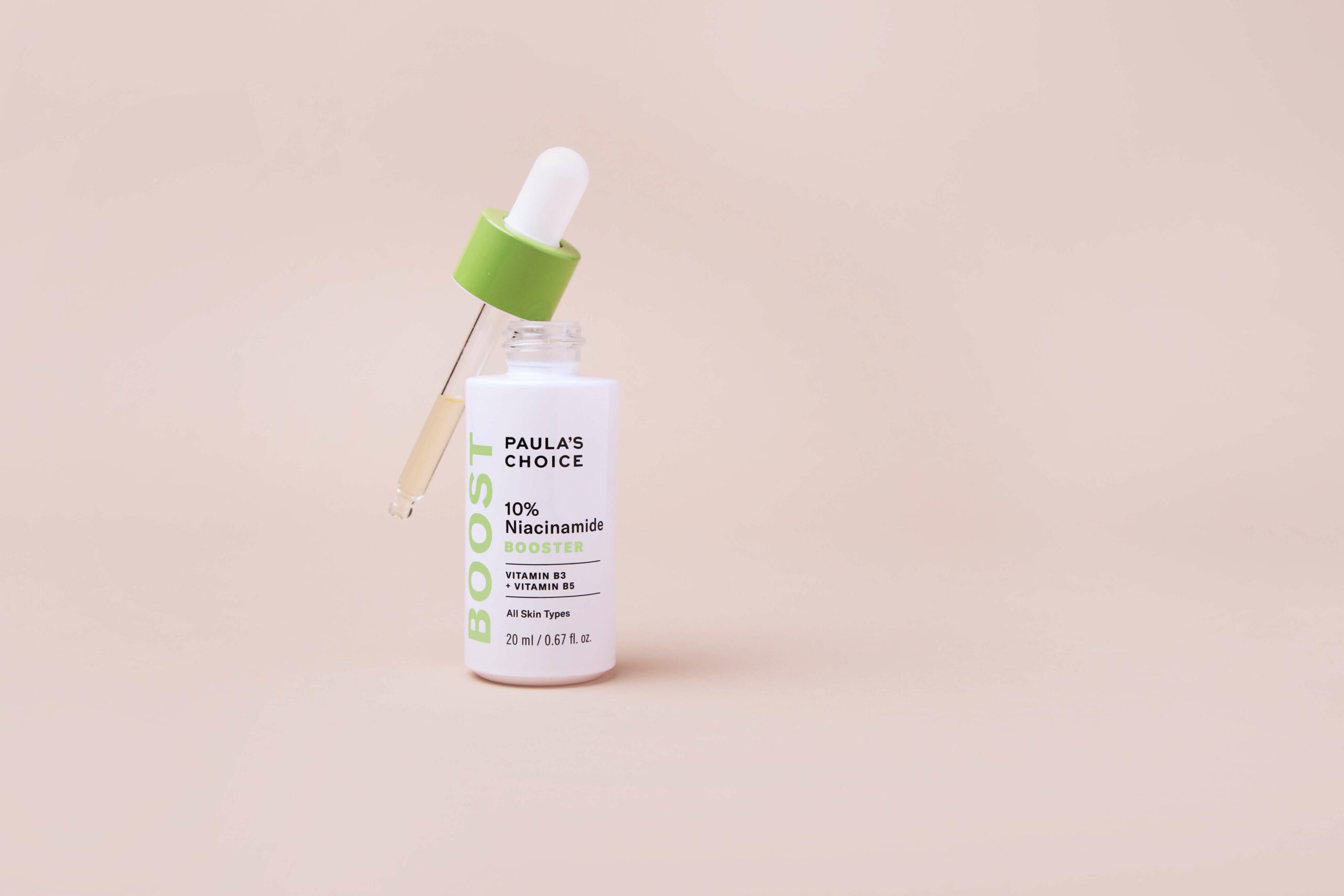
How would the ideas behind your formulations take shape? What’s your creative process like?
It varies. Having formulated a lot of products over the years, I would say that it often starts with information, research about an ingredient, and then we consider: “If this ingredient does this, what else can we combine it with, given what skin needs?”. So, it’s a combination of: what can an ingredient do for skin? What else does skin need, and how can we put that together? What concern does that combination address? Over the years, that’s probably the primary way, so it’s often ingredient-driven – and one ingredient is never enough because the skin is the largest organ of the body and it has very complicated deeds, and as brilliant as one ingredient can be, it can’t do it all on its own, like green tea, which is good for your health but it you only drink green tea, you would be malnourished and die, and that wouldn’t be pretty! [laughs] So, what the skin needs is very complicated, and one ingredient can never ever be enough, even the most brilliant ingredient needs friends, “it takes a village”, this is the American saying, it takes a group of ingredients to give skin what it needs for a particular disorder or concern, or just basic care. So sometimes it’s all driven by an ingredient, and sometimes it’s driven by the disorder itself: acne, rosacea, overly sensitive atopic skin, dry skin, oily skin, clogged pores, advanced sun-damaged skin; so, sometimes, it leads by concern, and then we search for the ingredients and the different products that are the best for that problem, that disorder, those concerns.
However, despite the best intentions and the best efforts to put a product together, not every product gets to the shelf because it’s very difficult to obtain stability, actual performance, and ideas and research don’t always turn out to do what you would hope it would do, or the texture doesn’t feel good, isn’t stable, sometimes it doesn’t change color and ends up smelling like a turkey! [laughs] One of my products, my retinol product, was a 5-year endeavor: it got to the point where my team was telling me to let it go… But no way, “We’re not giving it up! This is an important ingredient, the research is compelling, these other ingredients should work brilliantly with it, we can make it work, we’re just missing something, there’s something we’re not getting”, that’s what I would say to them. And it actually ended up being more about the packaging and the delivery system, and that was an investigative process, and I was not giving it up.
Right, after 5 years, it was like a child of yours!
Yes! It’s been such a long pregnancy; it was basically a toddler! [laughs] But it was all worth it, a happy ending!
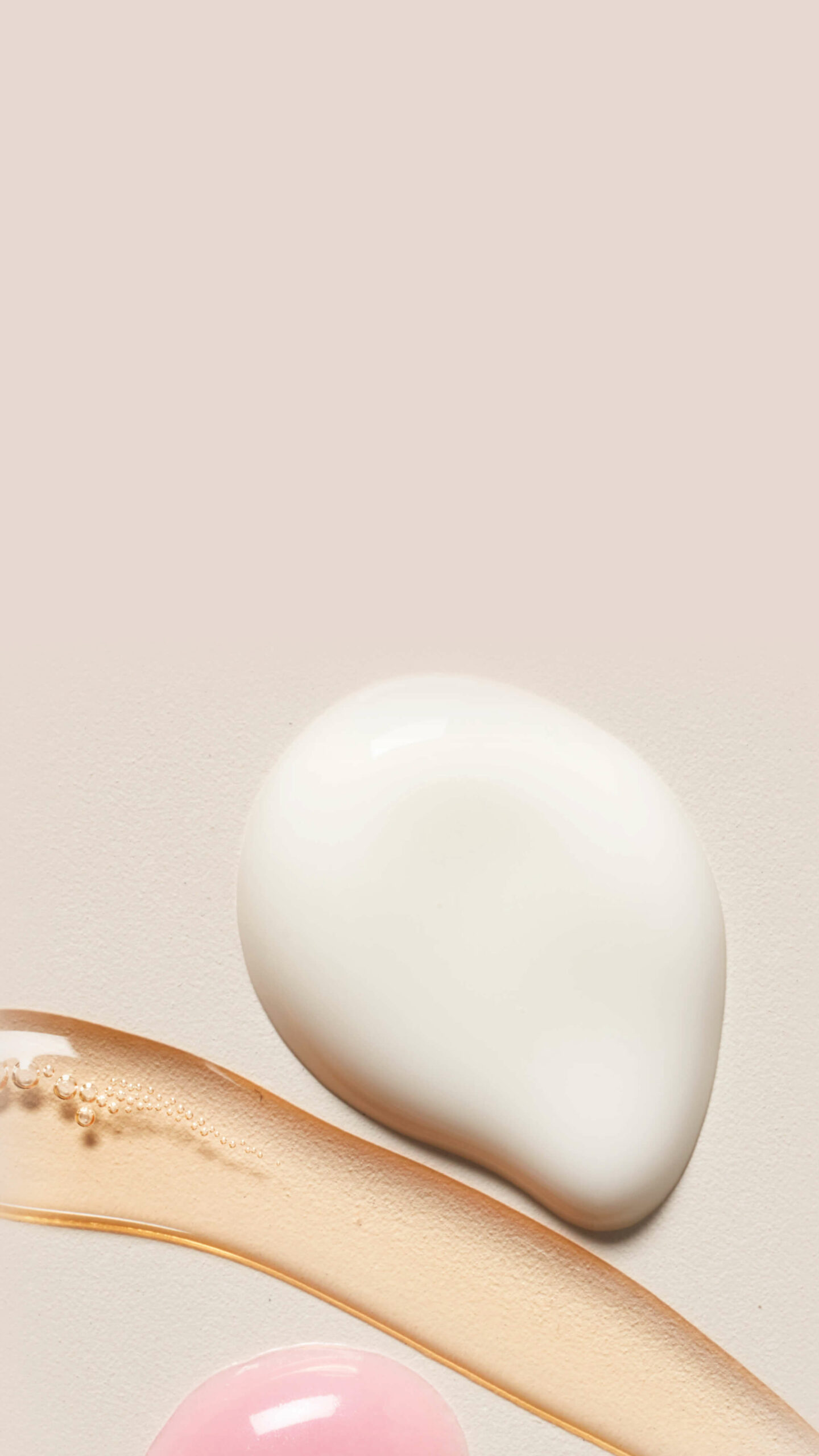
“What can an ingredient do for skin? What else does skin need, and how can we put that together? What concern does that combination address?”
How did you manage to break the wrong but rooted habits in skincare and how did you change your own “wrong habits”?
My ego would love to think I’ve changed bad skincare habits, but I don’t know that I’ve changed them for people.
I would love to have had a better impact in my career, and I have had an impact and I’m happy, but it’s a big world, there are billions of people. Everybody in the company knows that I don’t go on social media because I get so upset, they’re worried I’m going to have a heart attack or a stroke; it just pisses me off so much, so I stay away. However, they tell me about the most prevalent myths, especially if I’m doing an event and I have to bust myths and talk about some of the most current and discussed myths. If anything seems to have gotten worse, it’s because of social media, and the thousands upon thousands of people who repeat bad or misleading information or just lies; I don’t even know if people are just liars or stupid, I don’t know why even seemingly intelligent people say what they say, even people with degrees and science backgrounds.
As for my own bad habits, when I see research, I’m compelled to stop. When I learned about sun damage, it was after a period of time when I was tanning, and I would get a really damn good tan – I remember taking a Caribbean cruise when I was about 30, I was a TV reporter at the time in Seattle, and when I came back, my skin was so dark because I had tanned so deeply, that I had to borrow the foundation of the African American reporter I worked with, I swear! [laughs]
You would not wear sunscreen back then?
In my early 30s? God, no!
The issues of sun damage, aging skin, and it causing cancer were a phenomenon of knowledge that became popular and talked about much more in my late 30s and early 40s, and even then, it was mostly about sunburn, which is UVB damage; we didn’t know a lot about UVA, so it was a progression. Later on, it became clear with the research that the tan was your skin saying, “Cut it out, you’re hurting me, you’re damaging your DNA! This is the start of the death of skin, don’t do it!”. The research grew and grew, and we discovered that’s not only about sun damage coming from sitting in the sun, but it’s about daylight because the bad rays from the sun come through windows! Back then, in the late 90s, the research just blew me out of the water showing that sun damage begins from the first minute unprotected skin sees daylight: the immune system starts breaking down, as well as collagen, with just one minute of unprotected sun exposure. Then, within the past few years, the latest research is so compelling that not only does sun damage, over a lifetime, trigger premature aging, skin cancer, skin diseases like acne, seborrheic dermatitis, and rosacea, but it also triggers other diseases in the body. In other words, the sun can go through the top layers of skin and get to where the skin is produced, damaging the DNA; the skin, in fact, doesn’t end, and then the body begins, so the sun cascades damage throughout the entire body. That discovery threw me. It makes sense, I don’t know why, as someone with a science background, it didn’t occur to me before.
As I learn something, there are a few things I’m not proactive about: I haven’t given up my Martinis, I know, I’m not an angel, but especially what I can’t get ahead of, I usually do jump on it pretty fast.
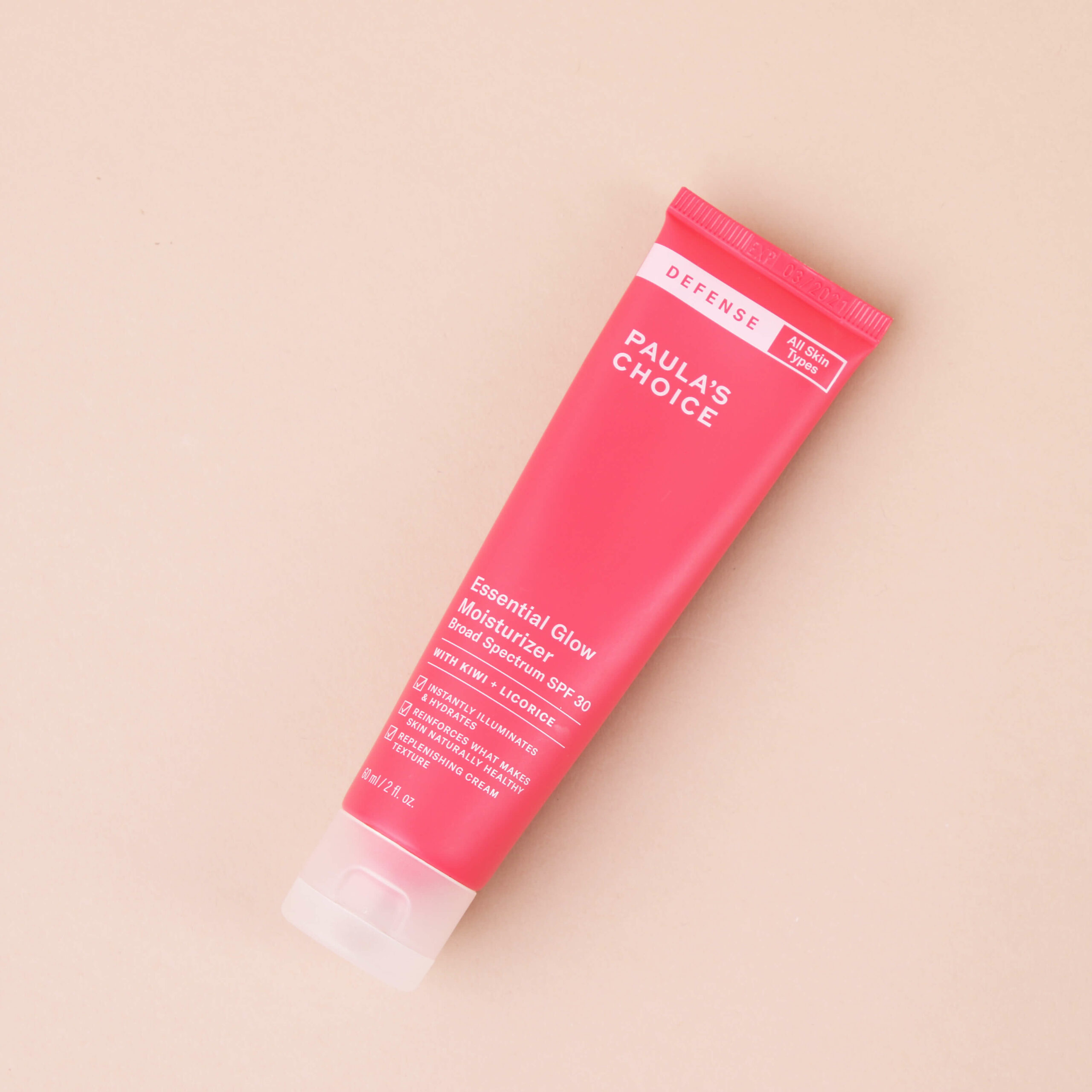
What’s the biggest “no” they’ve told you over the course of your career? And what was your reaction to it?
When I wrote my first book, I couldn’t get it published because I wasn’t famous. Take Brook Shields, for example, she was one of the most stunning and beautiful models of the time, or Linda Evans from the TV show “Dallas”, they were the famous women of the time. I wasn’t a celebrity instead, and I wasn’t a doctor, so who would buy my skincare book? I couldn’t get it published, and so I thought, “Well, I’ll publish it myself!”. People thought that self-publishers never get anywhere, they give their books away to their friends eventually because nobody buys them. Then, my book became a bestseller, and I’ll never forget the day when Simon & Schuster called to take over publishing the book: I did take the call just so I could say no and have the pleasure to say no! [laughs] I was fine on my own, without having to have to deal with a publisher.
That was one of the biggest nos. The other no was related to the fact that it was very controversial when I started Paula’s Choice because I had written books criticizing other people’s products, so it was a sort of conflict of interests; what I said at the time, and it’s still true, was, “Why are people criticizing me? I’m the only cosmetic brand in the world that recommends other people’s products and brands!”. At the time, I thought that I didn’t need to be big, I just needed to pay rent and have lunch, I wasn’t imagining that I could get this big, this wasn’t the plan, believe me. I went on the Internet in 1995, when nobody was on the Internet, so I was one of the only retail cosmetic companies on the Internet, for sure, and people were saying that I was crazy, that nobody was going to find me, nobody was going to buy on the Internet and trust an Internet company. That went on for years, and it didn’t change until 9/11. I thought: I don’t have to sell a million products, I need to sell to the people who read my book, my fanbase, the people who have learned to trust my information. And then, see what happened! I’m not going to deal with department stores, or train people, otherwise, I wouldn’t have time to formulate and do what I love best! Those were the biggest nos I DIDN’T listen to. [laughs]
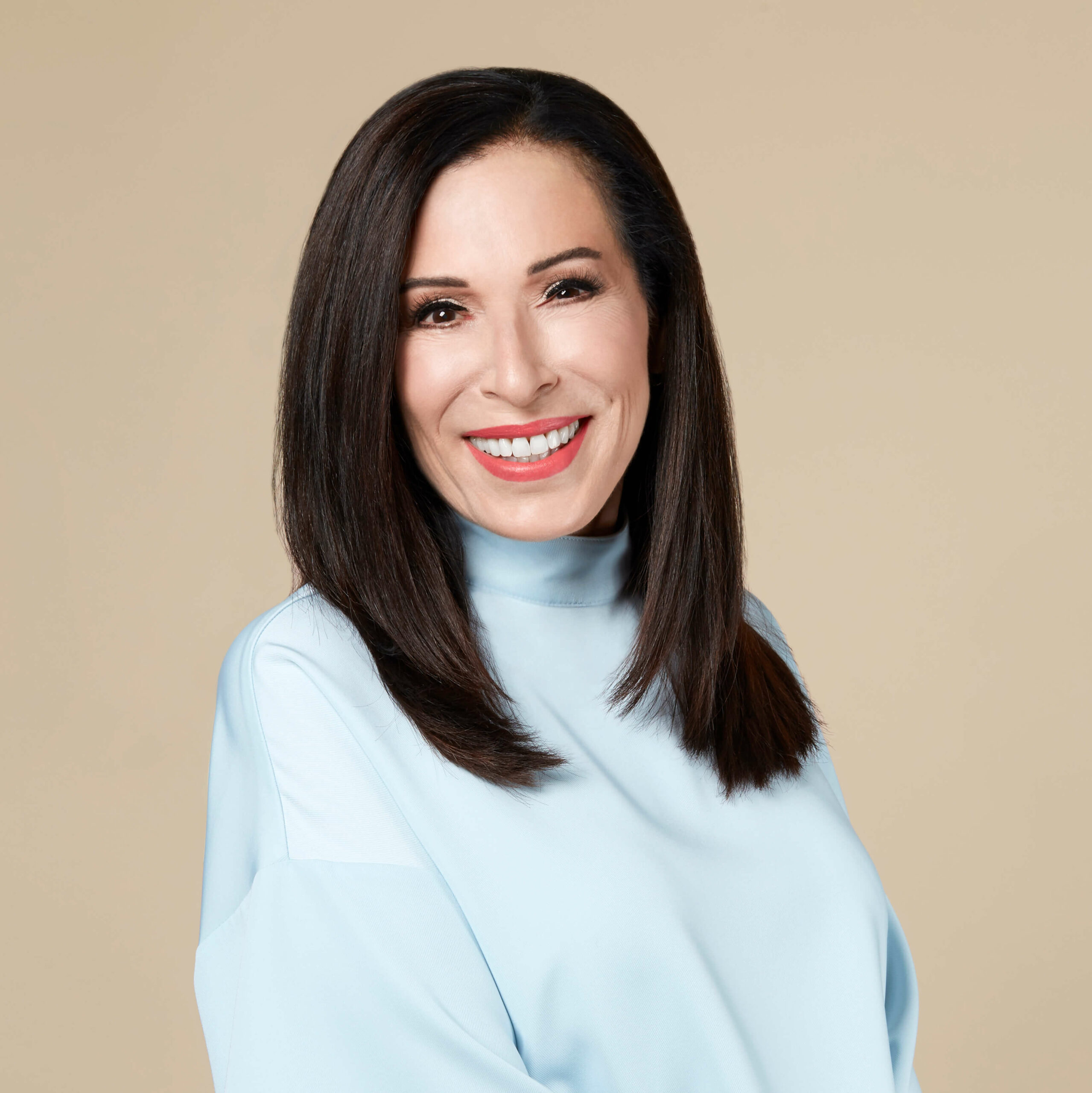
“When I wrote my first book, I couldn’t get it published because I wasn’t famous […] so I thought, ‘Well, I’ll publish it myself!'”
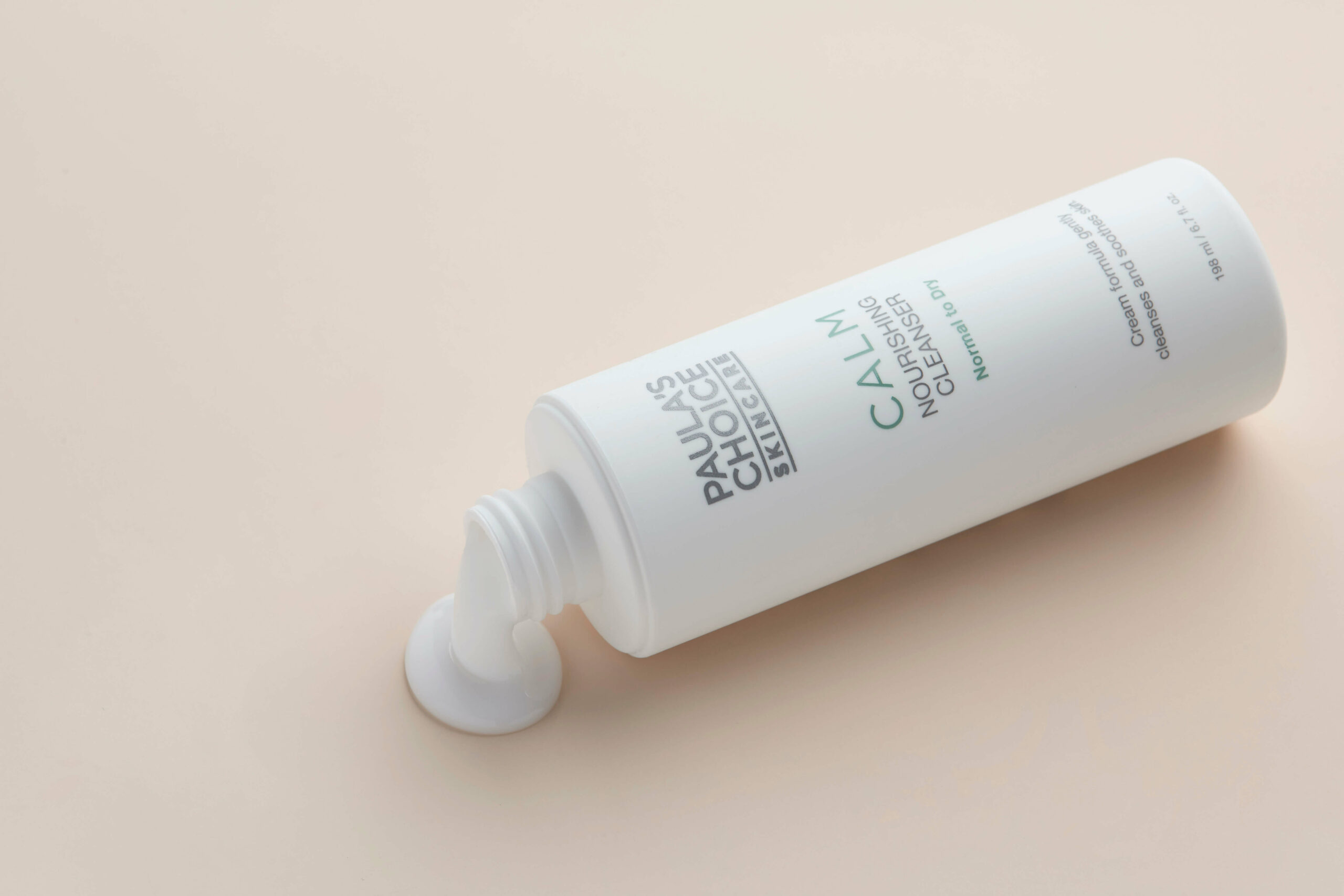
What’s one achievement of yours you feel particularly proud of?
I’ve always donated to charities, it’s a very fundamental part of my faith; when I started being very successful, and I was able to give significant amounts of money, to really be philanthropic, I was able to send a particular charity I had given to for a long time quite a big check; I usually don’t take calls from charities, I do my own vetting, I hate putting charities in the position to have to beg for money, prove themselves – if I’ve vetted you, it’s because I’ve already believed in you, that’s why I’m giving you money, you don’t have to hustle, just one sentence email is enough, I’m not going to read a long whole email, tell me how much you want and I’ll tell you what I can do.
When I sent this check, the CEO of the charity had her secretary ask if she could fly out to meet me and take me to dinner, and I said, “No, I don’t meet with people”. I did call her personally, though, and said, “Look, I am flattered, I love that you’re glad I gave you that check, but I’m an easy touch, if you want more money from me, you send me a sentence and I’ll tell you what I can do; there are other people whom you need to hustle and convince to give you money, I’m not one of them. But I want you to know I love your work, and I will be here for your charity and do what I can do”. She started crying. Her emotion and gratitude were overwhelming. So, that was an achievement.
Any amount you give makes a difference, but being able to give enough to really make a difference, was something, it was a moment in my life.
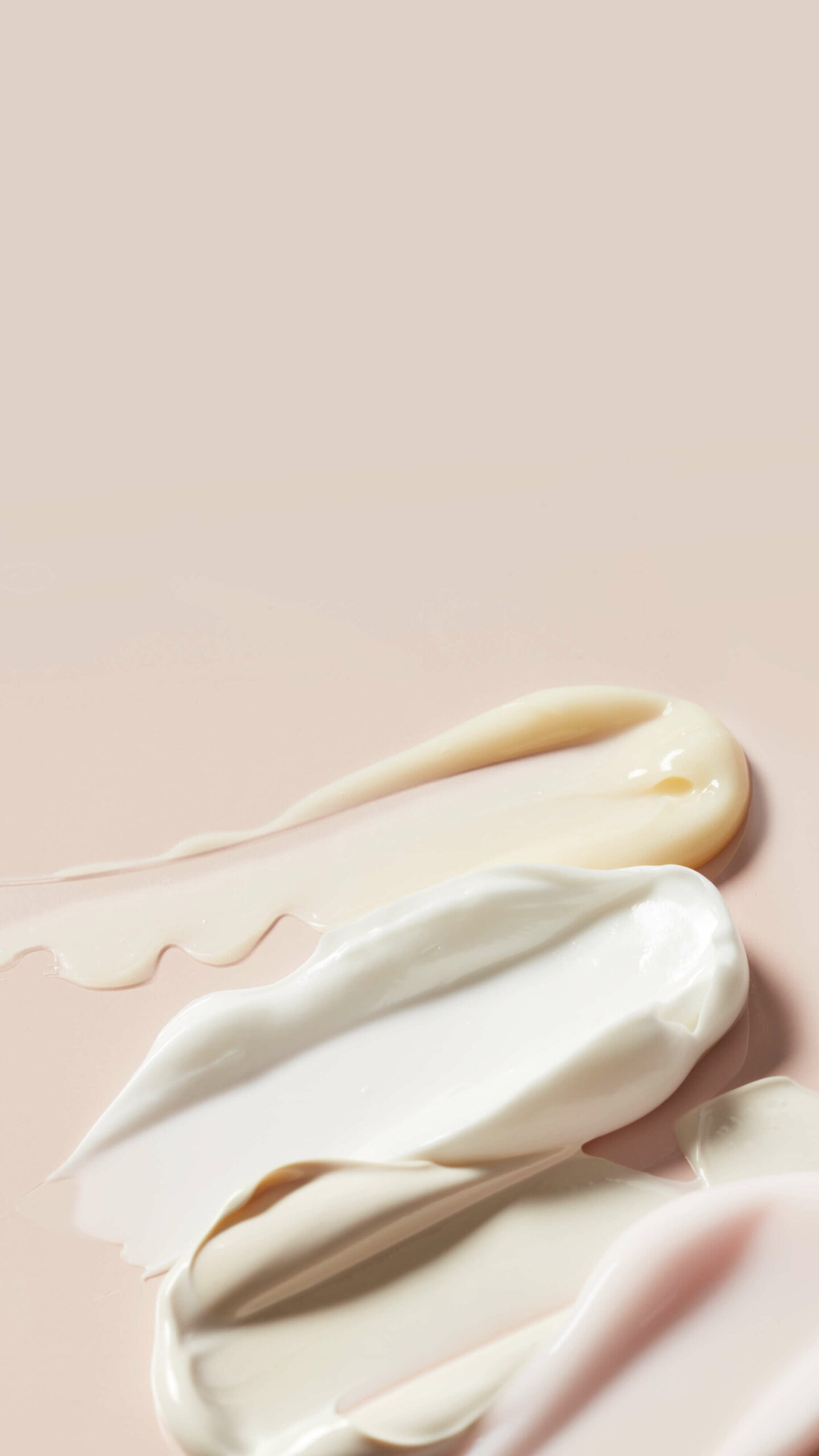
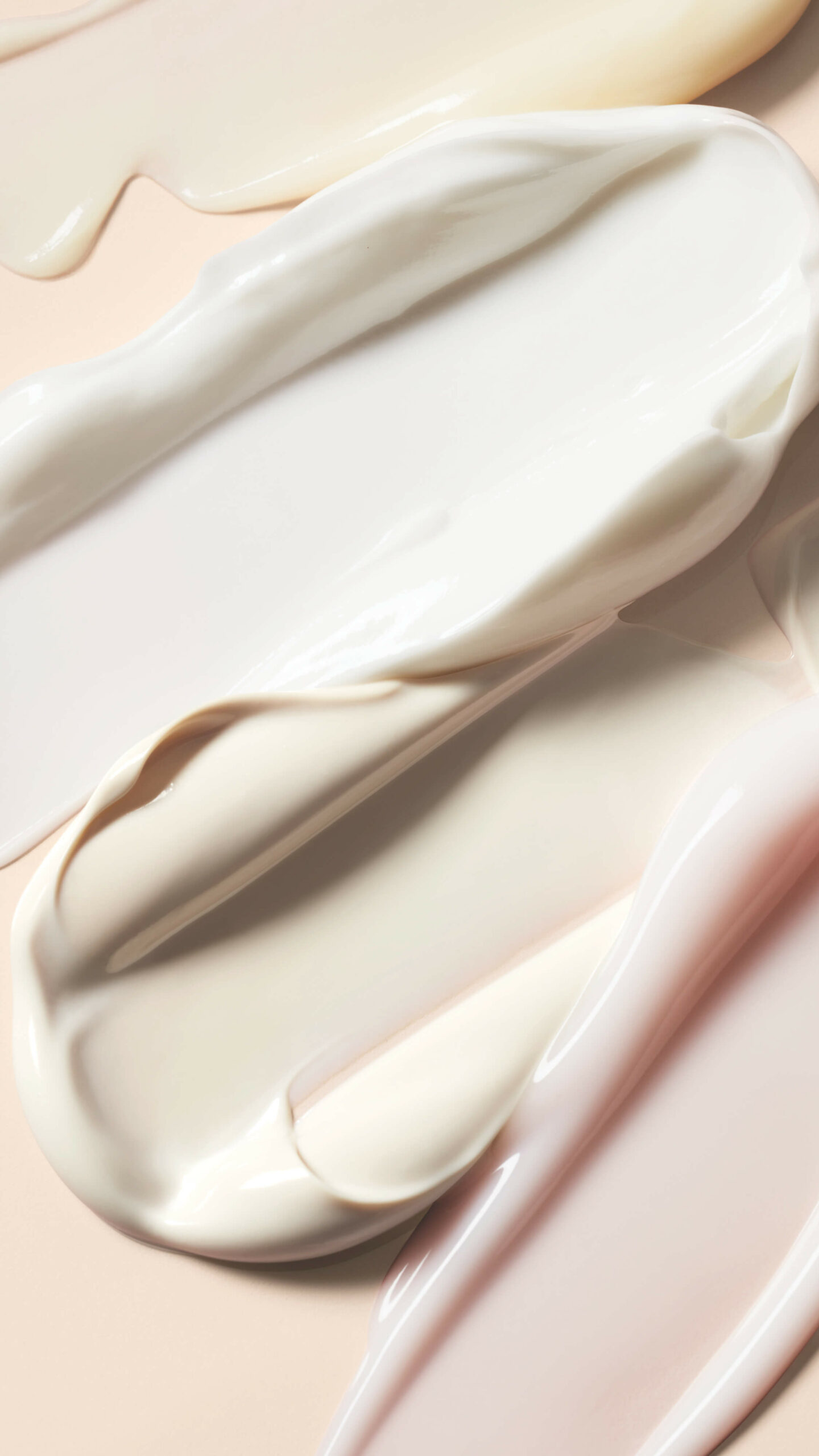
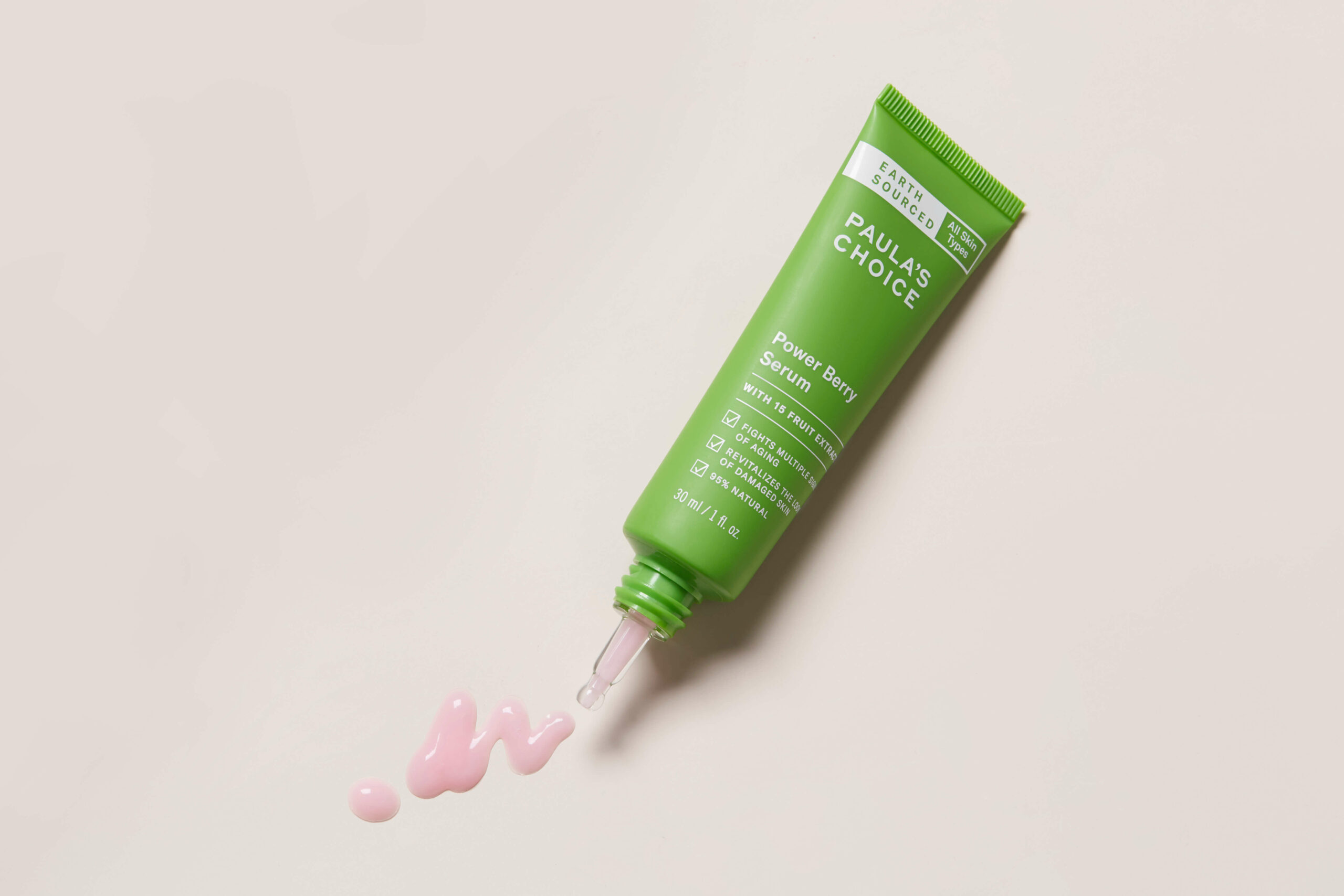
What does it mean for you to feel comfortable in your own skin?
I don’t know that, in this lifetime, I’ll ever feel comfortable in my own skin.
I know some people do, and I’m envious of that, but I think that for me it’s a challenge. I feel the most comfortable in my own skin when I’m on my own. I’m actually less extroverted than I can come off, like one of the best lines of an article I once read, which said: “I love that I’m going to see you for dinner on Thursday night, but if you have to cancel, I love that I’m not going to see you for dinner on Thursday night”. [laughs] This sings to me, it depicts exactly how I am in the world, I’m somebody who is most comfortable in my own skin when I’m alone. I have a very dear friend of mine, very famous, very wealthy, whose life is people, she’s always somewhere, going to places, doing things, she’s rarely alone, I don’t think that the word is even in her vocabulary; I remember thinking that that’s a skill set, and I also think it’s a little crazy, but that’s only because I’m an introverted and she’s not. She’s most comfortable in her own skin, I think, when she’s surrounded by people, and it doesn’t even have to be famous, important people, just people. I look at her sometimes and I just sit in awe and wonder what it’s like to be that comfortable in situations where I’d just want to run and hide. That’s a very long way of saying that I don’t know what that skill is; it’s interesting because I’ve never asked my friend – as I think it takes a certain amount of psychological awareness – if she’s comfortable being alone, but because she so rarely is, I suspect the answer is that she’s not.
I wonder what that is for people, it’s an interesting question, I don’t know what it takes to feel comfortable in your own skin. One of my favorite lines from an author from a long time ago that I’ve read was that everybody thinks that the wealthy people, the celebrities, and the rich and famous are all comfortable in their own skin, we all want what they have, and you only have to read one issue of People or pick up the newspaper to understand that’s wrong, just think of Johnny Depp and his ex-wife, they’re not really happy campers or look at Harry and Meghan, these are not happy people, these are people who are not comfortable in their own skin, despite being some of the wealthiest and most famous people on the planet! So, I think that that’s a hard thing to obtain.
I’m confident and I can definitely speak my mind, but when I think of being comfortable in my skin, I think of a sense of ease about what I do, a sense of fluidity and ease of movement through the world, and I think of feeling assured and not worried about the next person I talk to, the next family member I have to deal with, the pressure that comes with life, and that I don’t always have a tough enough skin to deal with it.
Comfort in your own skin is difficult to obtain because women, especially, by nature are very permeable, things that bounce off men go into our hearts and brains; so, I think it’s harder for women to be comfortable in their own skin because we are permeable to other people’s feelings and needs and if we’re meeting them. That’s why being alone is so easy! [laughs]
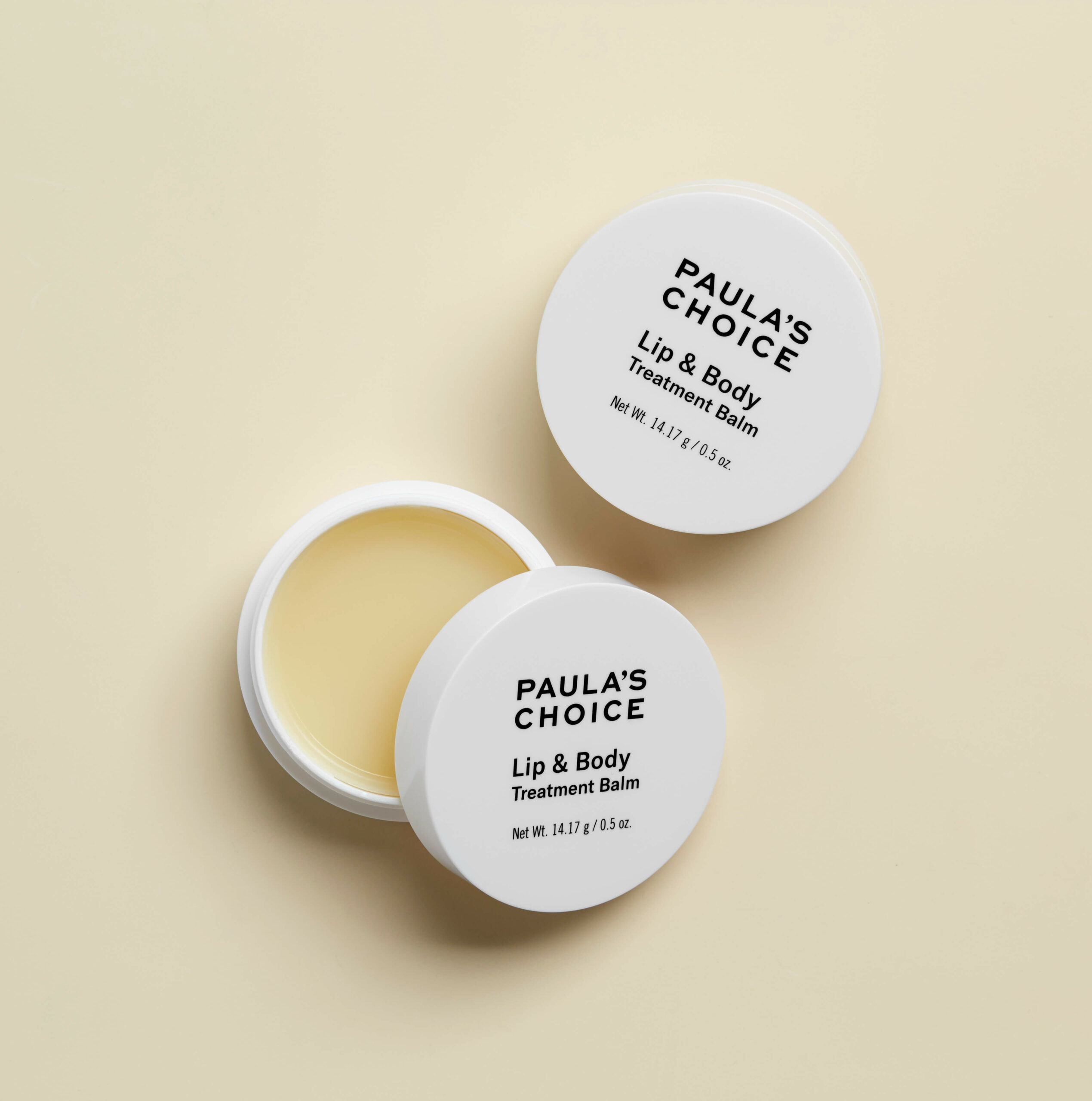
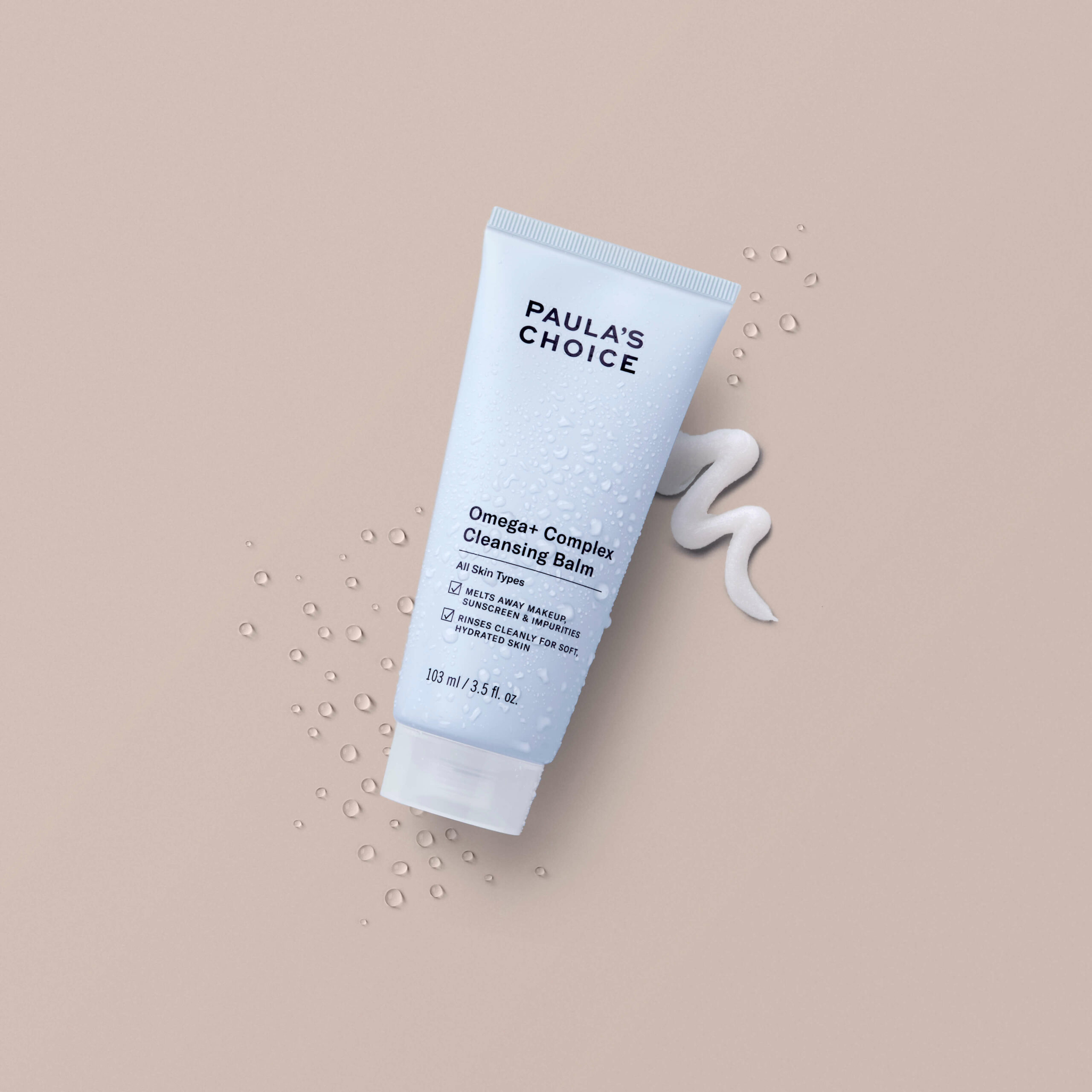
What was Paula’s first choice? And Paula’s latest choice?
You know, I’m almost 69, it’s been a long life, so I can speak more about my latest choice, which is to finally do the things I want to do and throw caution to the wind, and not worry about speaking about being comfortable in your own skin, not worry that I’m leaving somebody out, that another person might be disappointed because I’m not taking them with me, people have a lot of expectations. Life’s too short, and it’s getting a lot shorter, so my choice now is to speak my mind, even when Paula’s Choice isn’t so nuts about what I’m saying, and to do the things that give me the most joy, and if it’s by myself, it’s by myself, and if the people who expect me to take them with me don’t come with me, that’s okay, that has to be okay.
It’s just going to be the way it is because it’s my turn.
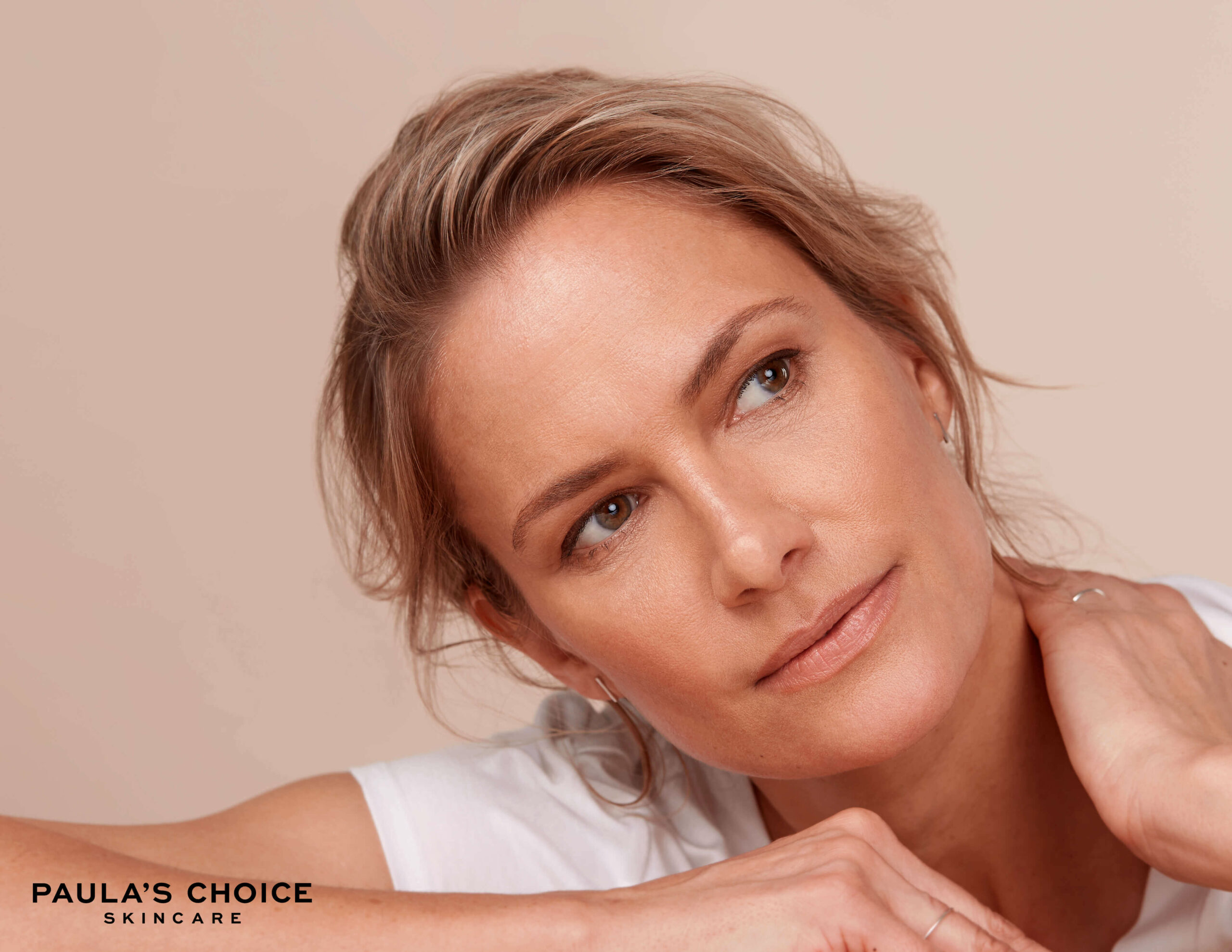


![Interview with Veronika Strotmann [Co-Founder of Yepoda]: ‘The Good Path for You’](https://www.theitalianreve.com/wp-content/uploads/2024/10/The_Dewy_Day_5-253x200.png)
![Interview With Lilin Yang [Founder of MiiN Cosmetics]: ‘Stay True to Your Vision’](https://www.theitalianreve.com/wp-content/uploads/2024/08/PA260802-267x200.jpg)
![Interview with Claudia Soare [President of Anastasia Beverly Hills]: Boosting Beauty Through Innovation](https://www.theitalianreve.com/wp-content/uploads/2024/07/Claudia-Headshots_1-300x200.jpeg)
![Interview with Nicola Kilner [The Ordinary CEO and Co-Founder] and Rita Silva [The Ordinary Science Communications Manager]: ‘Success is in the Early Days’](https://www.theitalianreve.com/wp-content/uploads/2024/05/2023-05-29-ORD-Visual-Lifestyle-Rtnl-02pct-Eml-HMH-ARA-Hero1-01-16x9-2-237x200.jpg)